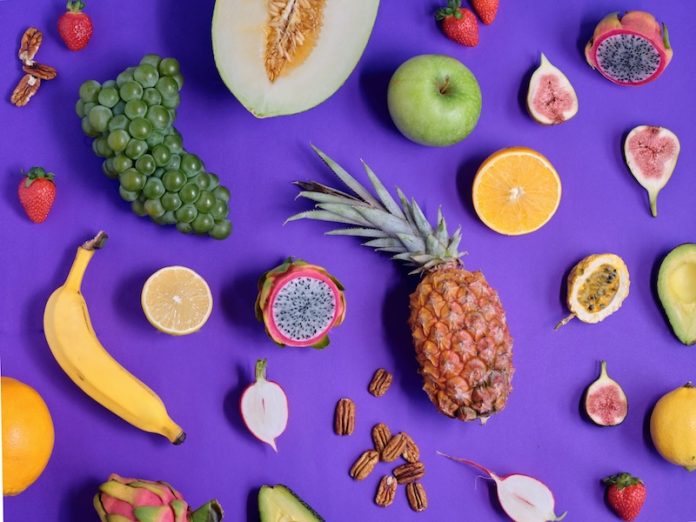
As we age, our bodies need extra care and the right nutrients to stay strong and healthy.
After 60, eating a balanced diet becomes even more important to support your immune system, keep your heart healthy, and maintain strong bones and muscles.
Adding nutrient-rich “superfoods” to your weekly meals is an easy and delicious way to boost your overall health.
These superfoods are backed by research for their impressive health benefits, and they’re simple to include in everyday meals.
Salmon tops the list of superfoods for older adults. It’s rich in omega-3 fatty acids, which reduce inflammation, support brain health, and lower the risk of heart disease.
Studies show that eating fatty fish like salmon twice a week can improve memory and protect against age-related cognitive decline. If salmon isn’t your favorite, other options like mackerel, sardines, or trout are also packed with omega-3s.
Blueberries are another must-have. These small, flavorful berries are loaded with antioxidants, which help protect your cells from damage caused by aging.
Research has linked blueberries to improved brain function, better memory, and a lower risk of chronic conditions like heart disease. Add them to yogurt, oatmeal, or smoothies for a quick nutrient boost.
Leafy greens like spinach and kale are powerhouse vegetables. They’re full of vitamins A, C, and K, as well as iron and calcium, which support bone strength and reduce the risk of fractures.
Studies have found that people who eat more leafy greens are less likely to develop age-related eye problems like macular degeneration. These greens are easy to include in salads, soups, or as a side dish.
Oats are a superfood for heart health. They’re high in fiber, particularly a type called beta-glucan, which helps lower cholesterol and keeps your digestive system running smoothly.
Research shows that eating a bowl of oatmeal regularly can reduce your risk of heart disease. For added flavor, sprinkle some nuts or fresh fruit on top.
Nuts, especially walnuts and almonds, are another great choice. They’re packed with healthy fats, protein, and essential minerals like magnesium. Walnuts, in particular, have been linked to improved brain health and reduced inflammation. A handful of nuts as a snack or topping for salads can go a long way.
Beans, such as black beans, chickpeas, or lentils, are rich in protein, fiber, and important minerals like potassium and magnesium.
They’re excellent for maintaining healthy blood pressure and supporting muscle strength. Research suggests that diets high in beans can lower the risk of heart disease and diabetes.
Sweet potatoes are not only delicious but also rich in beta-carotene, an antioxidant that converts to vitamin A in your body. This vitamin supports healthy vision and a strong immune system. Sweet potatoes are also high in fiber, which promotes digestive health and helps control blood sugar levels.
Greek yogurt is a standout for bone health because it’s packed with calcium and protein. It also contains probiotics, which support gut health and improve digestion. Studies have found that people who eat yogurt regularly are less likely to develop osteoporosis or other bone-related issues.
Tomatoes are another nutrient-dense food to enjoy weekly. They’re a top source of lycopene, an antioxidant linked to a reduced risk of prostate cancer and heart disease. Cooked tomatoes, such as in sauces or soups, make the lycopene even easier for your body to absorb.
Dark chocolate is a surprising addition to the list but for good reason. Rich in antioxidants and flavonoids, dark chocolate has been shown to improve blood flow and lower blood pressure. Look for dark chocolate with at least 70% cocoa, and enjoy it in moderation for a healthy treat.
Incorporating these 10 superfoods into your diet every week is a simple way to support your health after 60.
From protecting your heart to boosting brain function, these foods offer essential nutrients that keep your body strong and vibrant. A colorful, varied diet can make a big difference in how you feel, helping you enjoy life to the fullest.
If you care about nutrition, please read studies about the best time to take vitamins to prevent heart disease, and vitamin D supplements strongly reduce cancer death.
For more information about nutrition, please see recent studies about plant nutrient that could help reduce high blood pressure, and these antioxidants could help reduce dementia risk.
Copyright © 2025 Knowridge Science Report. All rights reserved.



